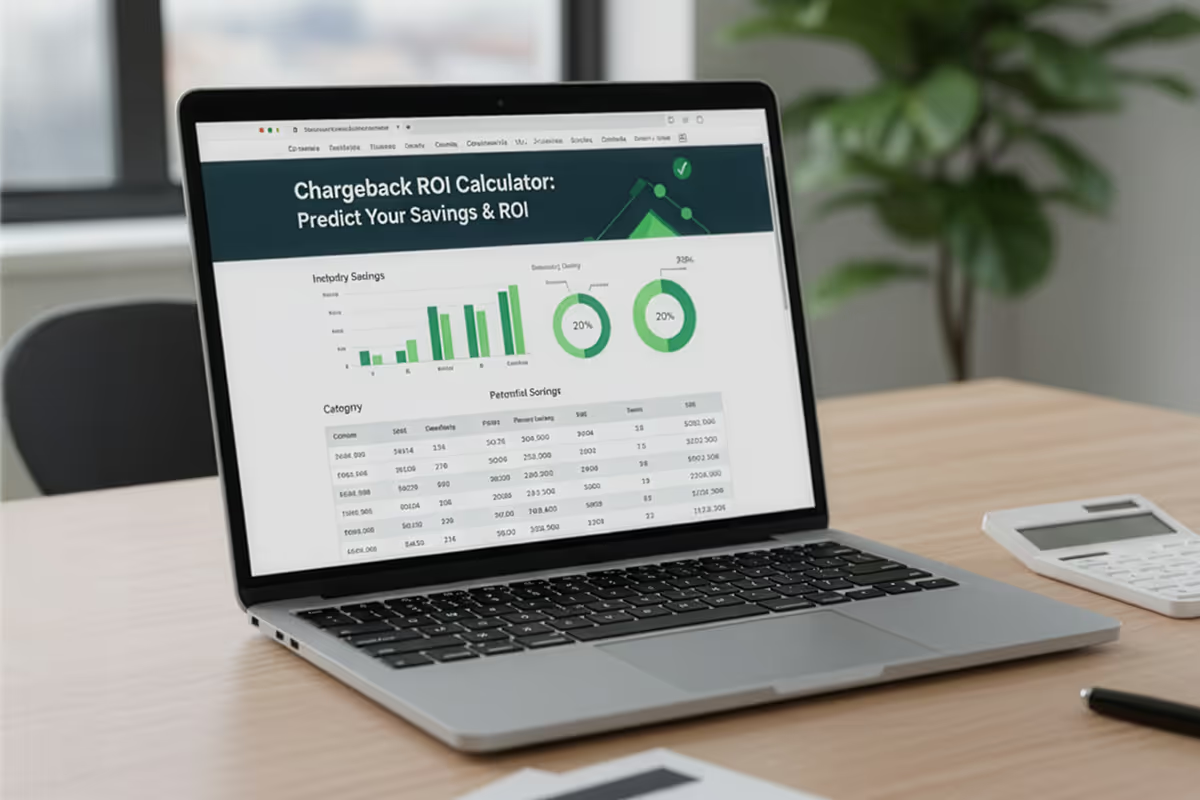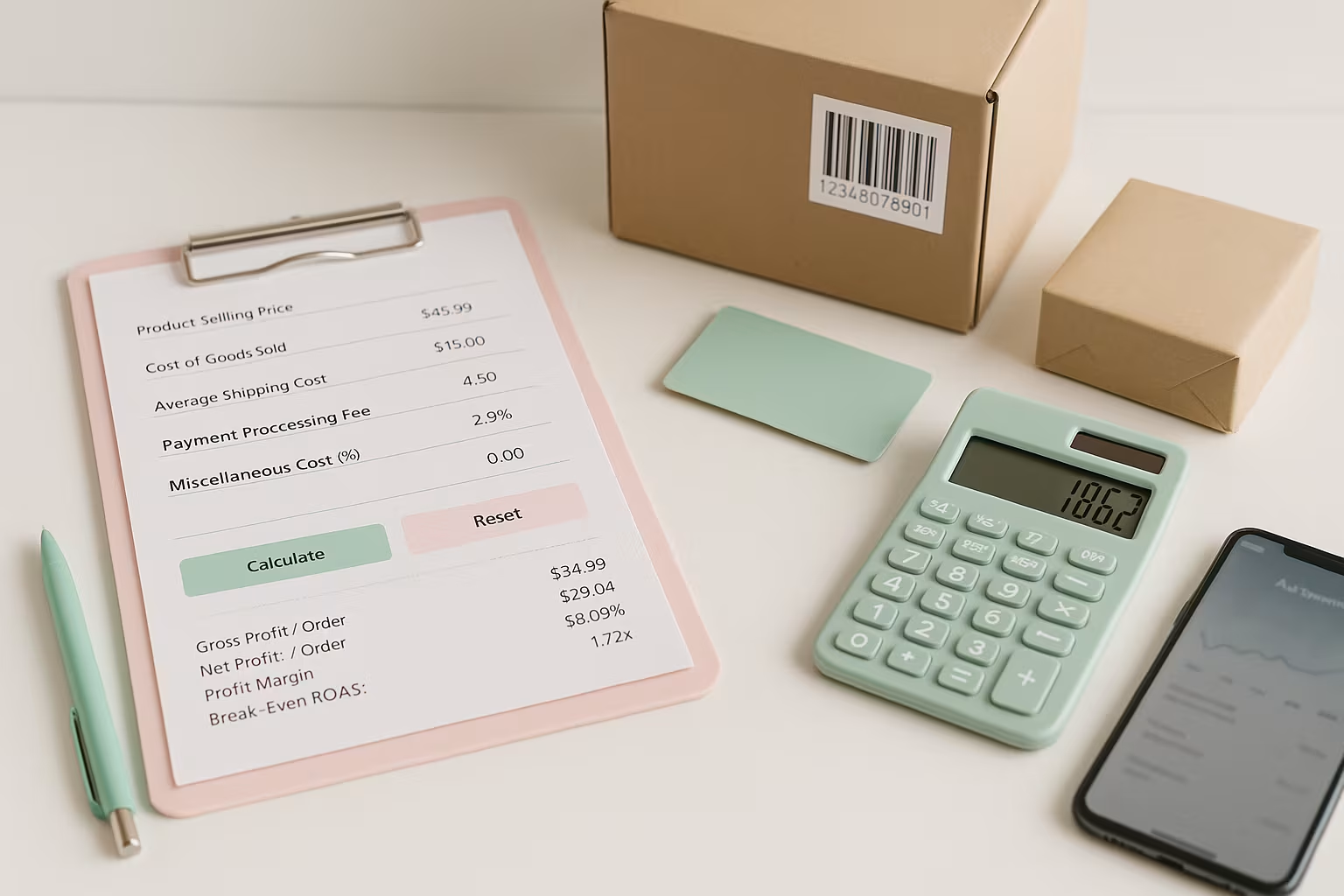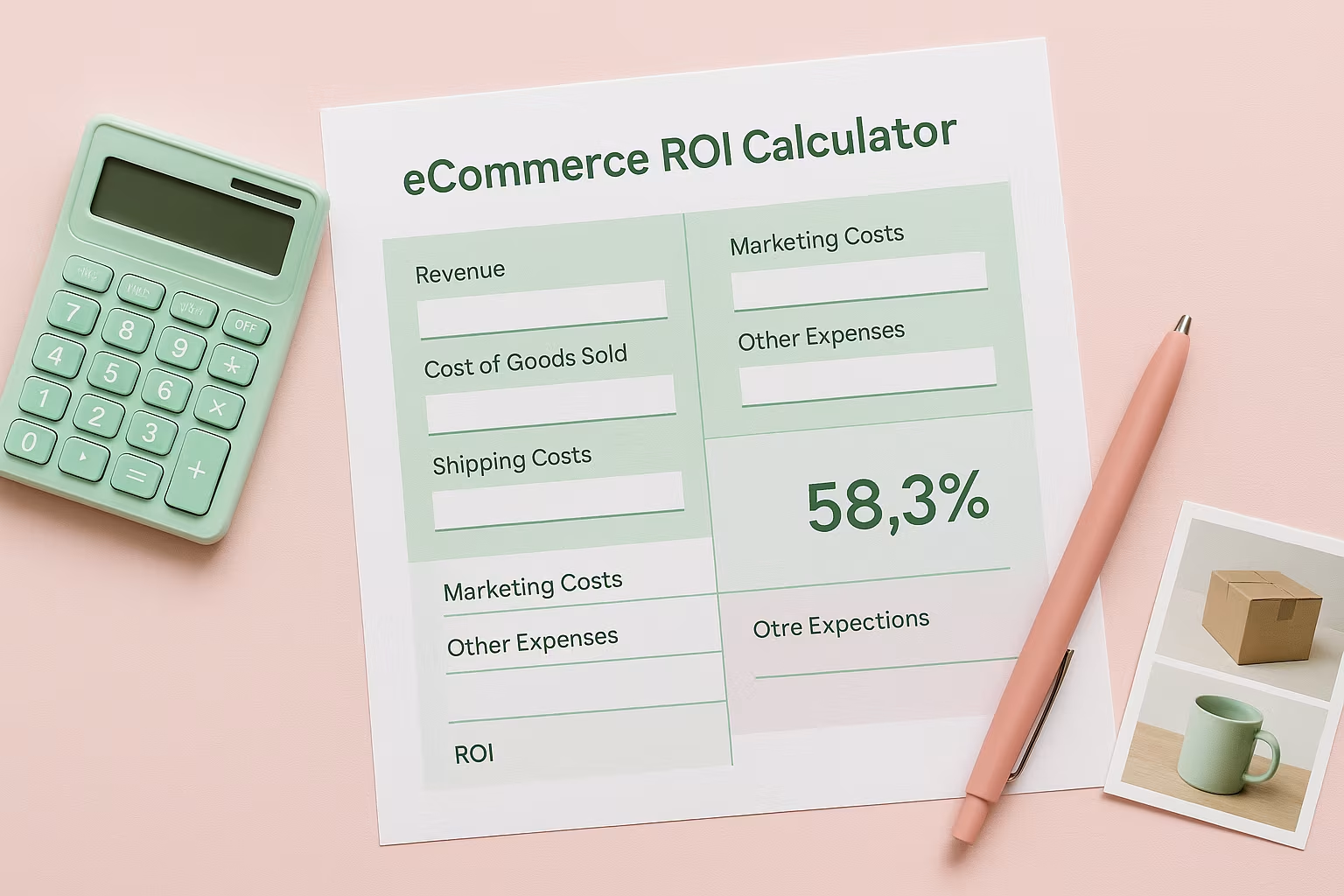What is the Cost of Starting a Protein Powder Business: Initial Investment
.avif)
The global protein supplement market hit over $20 billion in 2023, with protein powder leading the charge.
So, what is the cost of starting a protein powder business? Understanding these startup costs is key to success in this competitive market.
Costs vary widely based on your business model. Private labeling can start at a few thousand dollars, while custom formulations and manufacturing can exceed six figures. It’s essential to assess the financial demands based on your chosen approach.
Initial Cost Breakdown for Protein Powder Businesses

Starting a protein powder business typically requires an initial investment ranging from $3,000 to $50,000+, depending on your approach.
This wide range exists because there are multiple entry points into the industry, each with different capital requirements.
Private Label vs. Custom Formulation Costs
Choosing between private label and custom formulation comes down to your budget, timeline, and how differentiated you want your protein powder brand to be.
Private Label Approach ($3,000-$10,000)
The most cost-effective way to enter the protein powder market is through private labeling. This approach involves:
- Product Selection: $0 (research time only)
- Minimum Order Requirements: $1,500-$5,000 (typically 50-200 units)
- Label Design: $200-$500
- Website Setup: $300-$2,000
- Initial Marketing: $1,000-$2,500
Private labeling allows you to work with established manufacturers who already have formulations ready to go. You simply choose from their catalog, add your branding, and start selling. This dramatically reduces your upfront costs as you don't need to develop formulations or deal with complex manufacturing processes.
Private label supplements offer a turnkey solution with minimum orders often starting at just 50-100 units, making this approach accessible to entrepreneurs with limited capital.
Custom Formulation Approach ($10,000-$50,000+)
Creating your unique protein powder formulation significantly increases startup costs:
- Formulation Development: $5,000-$15,000
- Ingredient Sourcing: $3,000-$10,000
- Manufacturing Setup: $5,000-$15,000
- Packaging Design: $1,000-$3,000
- Compliance & Testing: $2,000-$5,000
- Initial Marketing: $3,000-$10,000
Custom formulations allow you to create a truly unique product but require working directly with food scientists, nutritionists, and manufacturers. This approach demands greater expertise and a higher initial investment.
Manufacturing and Production Costs
Production costs typically account for 40-60% of your total business expenses. Key factors include:
Ingredient Quality and Sourcing
Protein sources vary significantly in cost:
- Whey protein isolate: $10-15/kg
- Whey protein concentrate: $6-10/kg
- Plant-based proteins (pea, rice): $8-12/kg
- Premium organic options: $15-25/kg
Additional ingredients like flavoring systems, sweeteners, and functional additives will add $2-5 per kg to your formula costs.
Minimum Order Quantities (MOQs)
Manufacturing partners typically require minimum order quantities:
- Private label: 50-200 units ($1,500-$5,000)
- Custom formulation: 500-1,000 units ($5,000-$15,000)
Pro tip: Some protein shake manufacturers now offer micro-batch options with MOQs as low as 25-50 units, perfect for testing new products before scaling up production.
Packaging Options and Costs
Packaging significantly impacts both costs and customer perception:
- Basic plastic tubs: $1-2 per unit
- Premium packaging (custom molds): $3-5 per unit
- Pouches/sachets: $0.50-$1.50 per unit
- Single-serve packets: $0.30-$0.75 per unit
Regulatory Compliance and Testing
Selling protein supplements requires adherence to regulatory requirements:
- FDA Registration: $0-$500 (depending on whether you use a consultant)
- cGMP Compliance: Handled by the manufacturer in a private label scenario
- Product Testing: $500-$2,000 per product
- Nutritional Analysis: $600-$1,200 per formula
- Label Compliance Review: $300-$800
For businesses using private label fulfillment services, many of these compliance costs are already built into the service, saving you both money and headaches.
Ongoing Operational Expenses

Beyond the initial setup, your protein powder business will have recurring operational costs:
Inventory Management and Storage
- Warehousing: $200-$1,000+ monthly (depending on space needed)
- Inventory Management Software: $30-$200 monthly
- Insurance: $500-$2,000 annually
Fulfillment and Shipping Costs
Fulfillment costs can vary widely:
- In-house fulfillment: $3-7 per order (labor, packaging, shipping)
- Third-party fulfillment (3PL): $4-8 per order
- Specialized supplement fulfillment: $5-10 per order
Specialized companies that understand supplement handling can reduce long-term costs despite slightly higher per-order fees.
Marketing and Customer Acquisition
Effective marketing is essential for supplement businesses:
- Website maintenance: $30-$200 monthly
- Social media advertising: $500-$3,000 monthly
- Influencer partnerships: $200-$2,000 per influencer
- Content creation: $300-$1,500 monthly
- Email marketing: $30-$150 monthly
Customer acquisition costs (CAC) in the supplement industry typically range from $25-$50 per customer, making retention strategies crucial for profitability.
Cost-Saving Strategies for New Entrepreneurs
Starting with White Label/Private Label
Beginning with white label protein products allows you to enter the market with minimal investment while learning the industry. This approach lets you:
- Test different products before developing custom formulations
- Build brand recognition while minimizing upfront costs
- Focus resources on marketing rather than manufacturing
- Scale gradually based on actual sales data
Dropshipping vs. Holding Inventory
Traditional inventory models require significant capital for stock purchases. Alternative approaches include:
Dropshipping Model:
- No upfront inventory costs
- The manufacturer ships directly to customers
- Lower profit margins (typically 20-30%)
- Less control over fulfillment quality
Just-in-time Inventory:
- Small batch orders based on demand forecasting
- Reduces warehousing costs
- Higher per-unit costs until you reach scale
- Better cash flow management
Platform Selection and Digital Infrastructure
Your selling platform impacts both costs and capabilities:
- Shopify: $29-$299 monthly + apps ($50-$200 monthly)
- WooCommerce: $0-$30 monthly + hosting ($10-$50 monthly)
- Amazon Seller Central: $39.99 monthly + 15% referral fees
- Multi-channel approach: Additional software $50-$200 monthly
Real-World Cost Scenarios
To help you visualize the investment required, here are three real-world startup scenarios based on different budget levels and business goals.
Startup Scenario 1: Minimum Viable Launch ($3,000-$5,000)
- Private label protein powder: 50 units at $20/unit = $1,000
- Basic Shopify store: $29/month + $150 theme = $179
- Simple logo design: $100
- Basic product photography: $200
- Initial social media ads: $500
- Business registration: $500
- Miscellaneous costs: $500
This approach focuses on validating your concept before a significant investment. It's suitable for side-hustle entrepreneurs looking to test the waters.
Startup Scenario 2: Professional Launch ($10,000-$15,000)
- Private label protein powder: 200 units at $18/unit = $3,600
- Custom packaging design: $800
- Professional Shopify store with apps: $500
- Professional branding package: $1,500
- Product photography and videos: $1,000
- 3-month marketing campaign: $3,000
- Legal and compliance review: $1,000
- Business entity setup: $800
This approach allows for a more professional market entry with stronger branding and marketing support.
Startup Scenario 3: Full-Scale Launch ($25,000-$50,000)
- Custom formulation development: $8,000
- Initial production run: 500 units at $15/unit = $7,500
- Premium packaging and design: $3,500
- Advanced e-commerce setup: $3,000
- Comprehensive brand identity: $2,500
- 6-month marketing strategy: $10,000
- Legal protection and insurance: $3,000
- Inventory management system: $1,500
This approach positions you for significant growth with a unique product and robust market presence.

Understanding Profit Margins and ROI
The protein powder industry typically operates with the following margin structure:
- Manufacturing cost: 20-30% of retail price
- Packaging and fulfillment: 10-15% of retail price
- Marketing and customer acquisition: 20-30% of the retail price
- Operating expenses: 10-15% of retail price
- Net profit margin: 15-30% of retail price
For example, a protein powder selling at $50 retail might have:
- $12.50 manufacturing cost (25%)
- $5.00 packaging and fulfillment (10%)
- $12.50 marketing (25%)
- $7.50 operating expenses (15%)
- $12.50 net profit (25%)
Understanding these cost structures for supplement companies helps establish realistic financial projections.
Strategy from Experts: Unlocking Hidden Profit Margins with Packaging Choices
Premium packaging can significantly boost perceived value and customer loyalty, leading to higher price points. However, balancing cost with aesthetics is key. Switching from plastic tubs to minimalistic pouches can cut packaging costs by up to 20%, while improving shelf appeal.
Offering "refill" options for customers can increase lifetime value (LTV). Instead of repurchasing the full package, they can buy refills, reducing packaging waste and improving margins, especially with custom formulations that build a strong brand identity.
Launch Your Protein Powder Brand Today
Starting a protein powder business can be affordable, with investments from $3,000-$5,000. Strategic planning and the right partnerships are key to success.
Successful startups use private labeling to reduce costs, focus on brand differentiation, and leverage digital marketing for customer acquisition.
Take the first step toward building your supplement empire today—the market is waiting.
FAQ
Related blogs

Price Elasticity Of Demand Calculator: Predict Revenue Impact in Seconds

Chargeback ROI Calculator: Predict Your Savings and ROI in Under 10 Seconds

Break-Even ROAS Calculator: Find Out What You Can Afford to Spend on Ads


